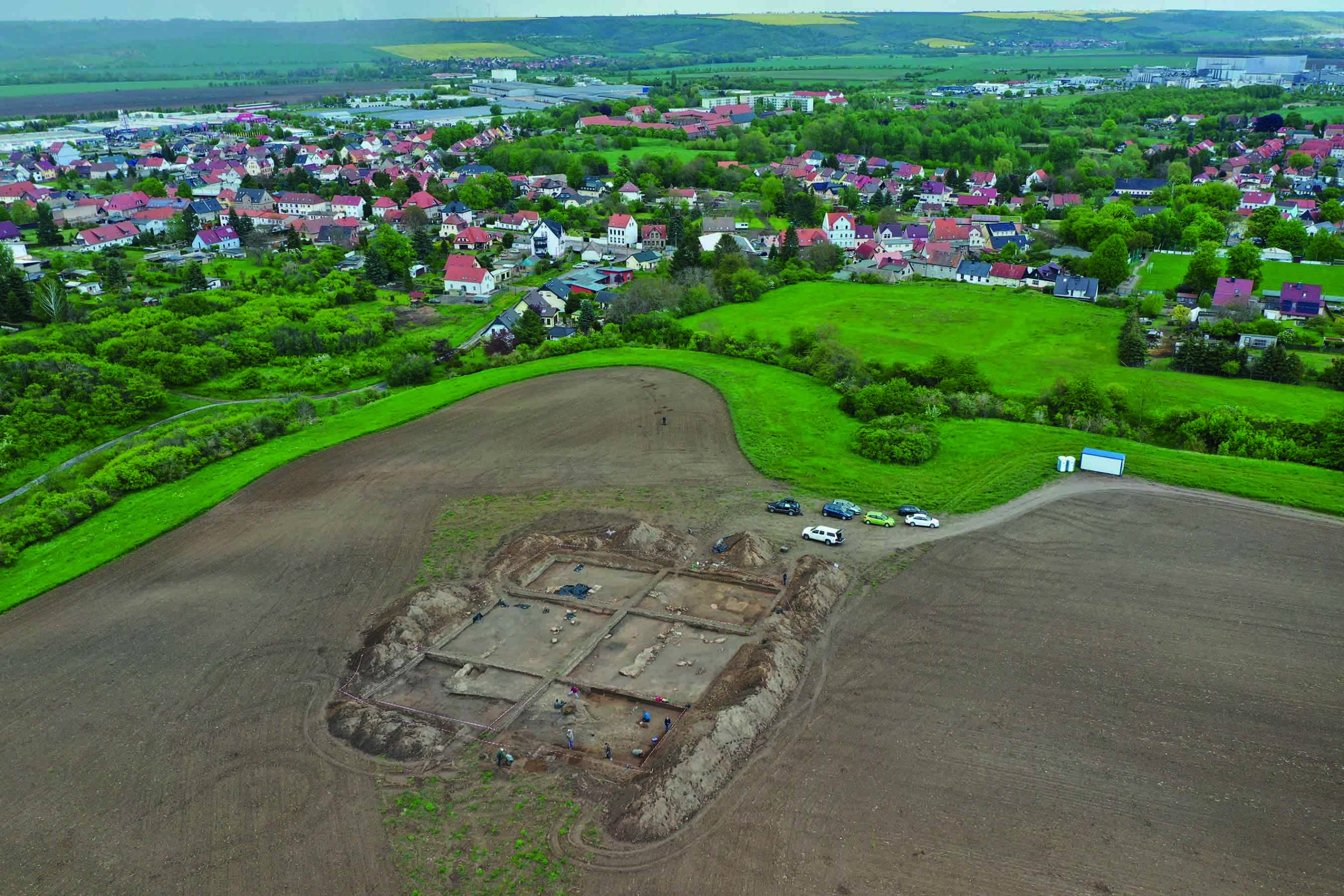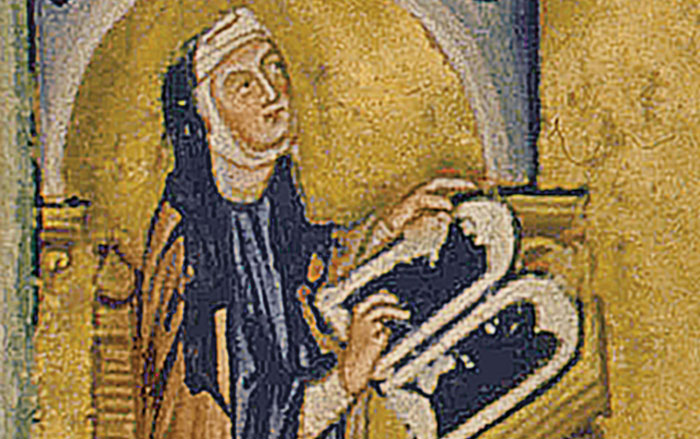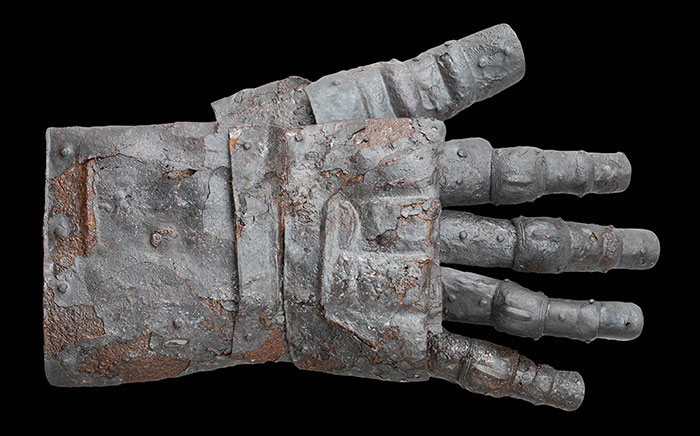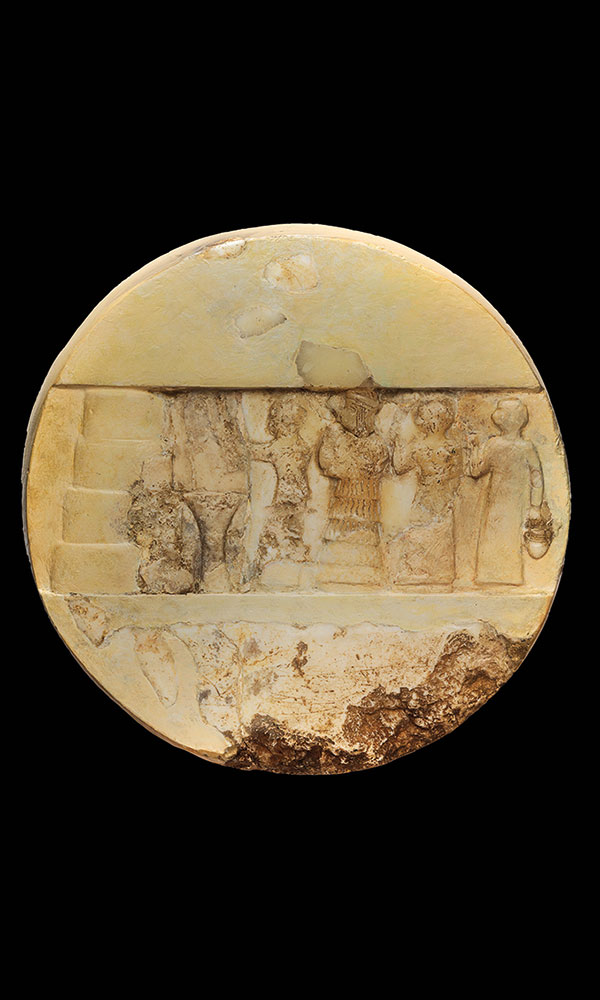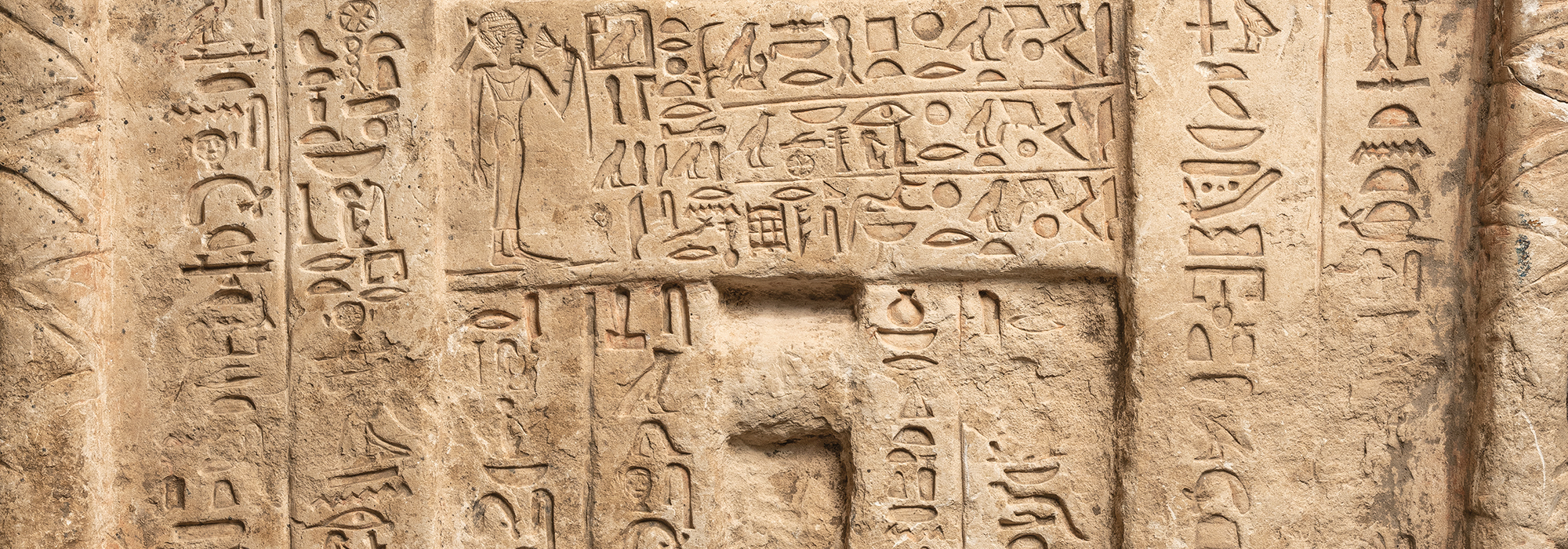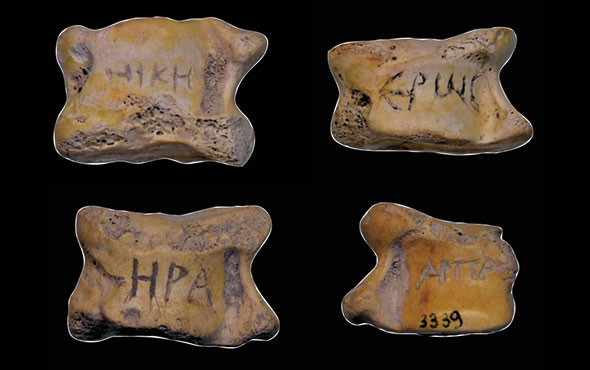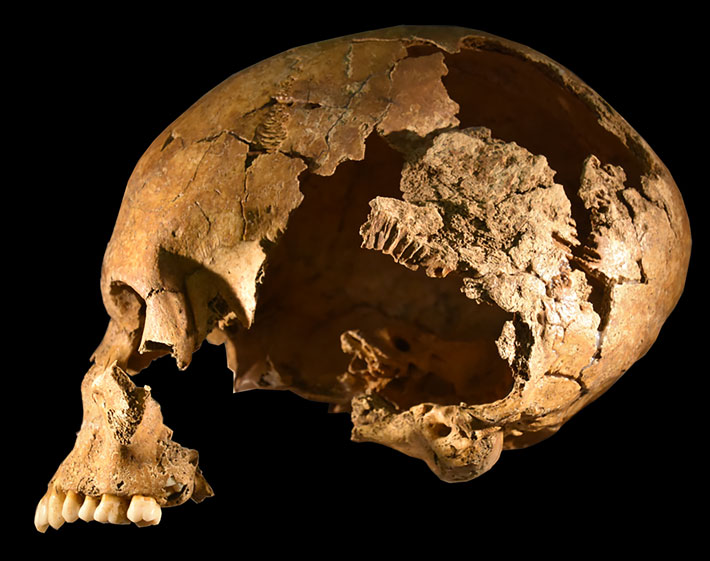
KIEL, GERMANY—Based upon an examination of skeletal remains and analysis of DNA extracted from teeth, as many as one-third of the people buried in an early medieval cemetery in a town in northern Germany suffered from an infectious disease, according to a Live Science report. Biochemist Ben Krause-Kyora of Kiel University and his colleagues found that of the 70 individuals in the study, more than 30 percent had hepatitis B; parvovirus B19; variola virus, which causes smallpox; or one of the two bacteria that cause leprosy. Seven of these individuals carried two pathogens, and one young man had three—hepatitis B, parvovirus B19, and Mycobacterium leprae. “We wanted to show which pathogens circulated in an early medieval population and how high the infection rates were,” Krause-Kyora explained. Crop failures and famine brought on by cold temperatures in the sixth and seventh centuries A.D. may have contributed to the high rate of illness, he concluded. Read the original scholarly article about this research in Genome Biology. To read about excavations searching for evidence of Berlin's earliest days, go to "Letter from Germany: Berlin's Medieval Origins."



